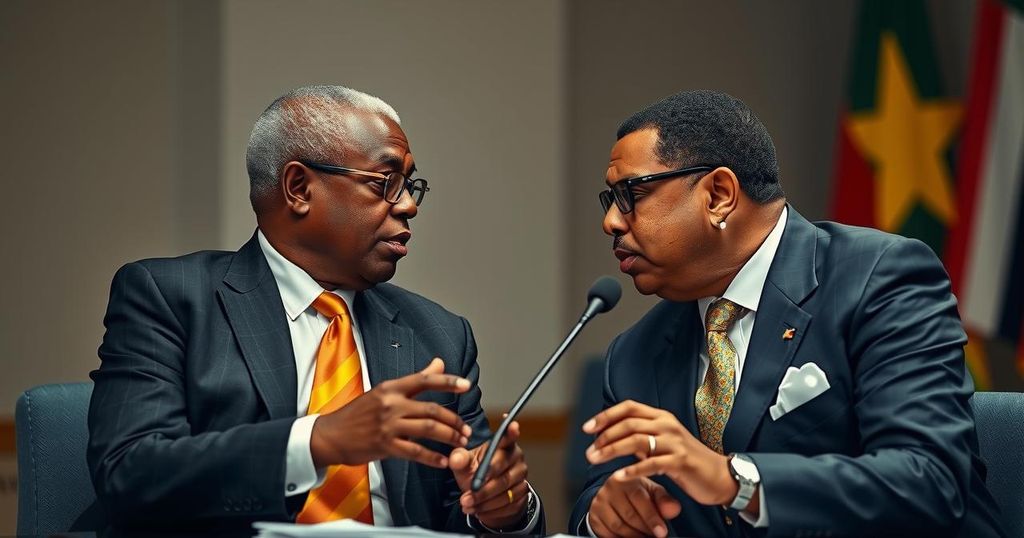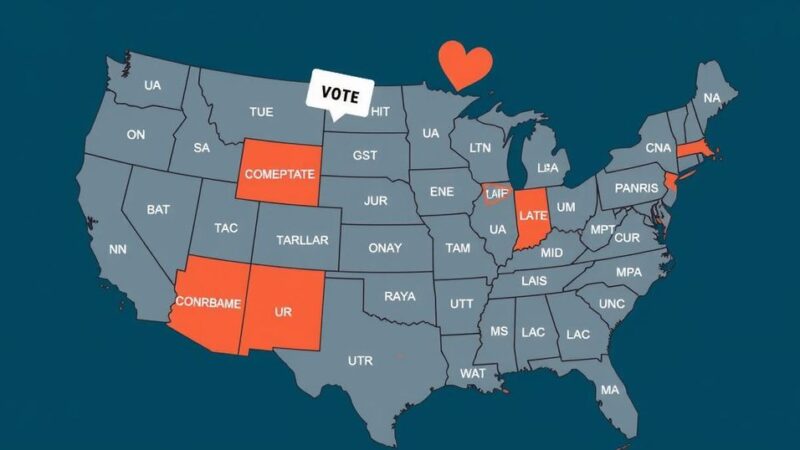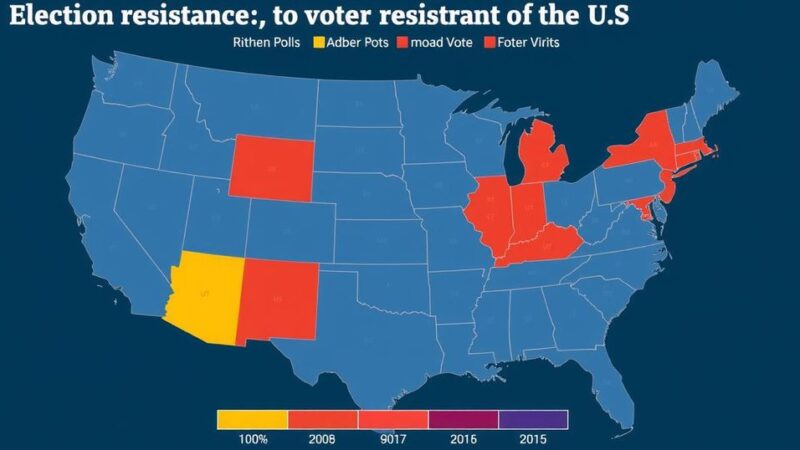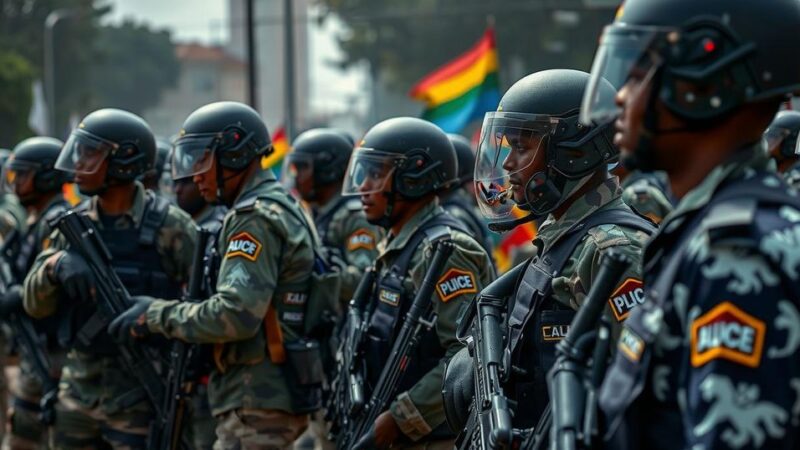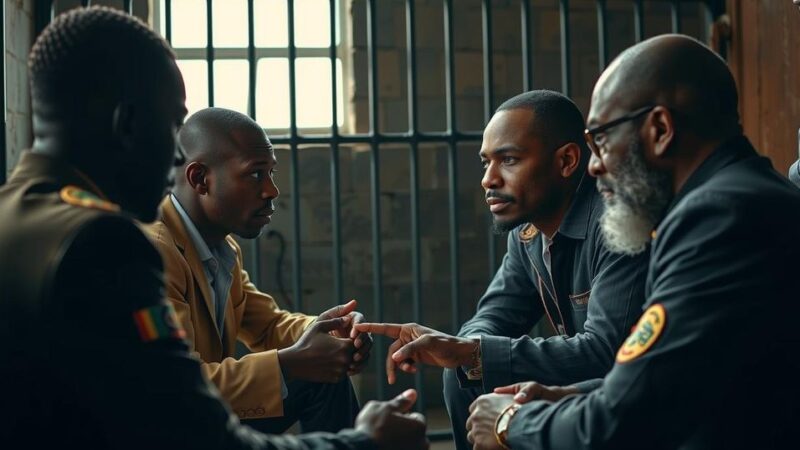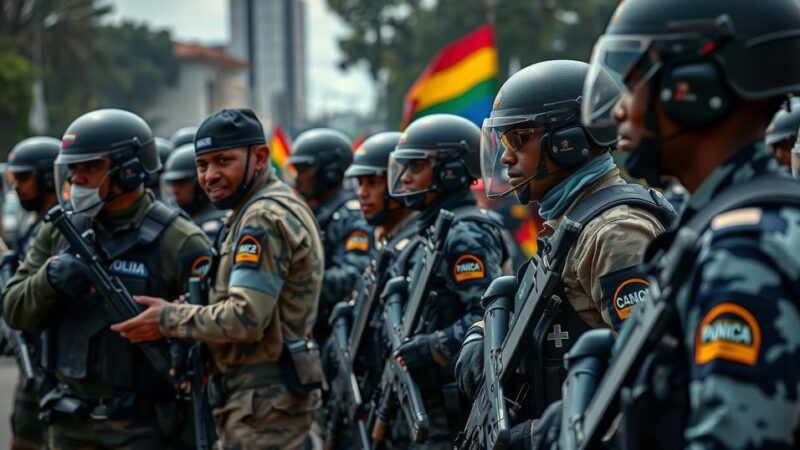Venancio Mondlane, the runner-up in Mozambique’s presidential elections, has accepted President Filipe Nyusi’s invitation for dialogue to end protests and violence that have resulted in over 30 deaths. The discussions aim to address the economic repercussions of the unrest. While Mondlane is preparing an agenda for the talks, human rights organizations continue to express concern over the violent response from security forces amidst ongoing calls for accountability.
In a significant development following Mozambique’s presidential elections held on October 9, the runner-up, Venancio Mondlane, has agreed to President Filipe Nyusi’s invitation for dialogue, aiming to bring an end to the ongoing protests and violence that have tragically claimed the lives of over 30 individuals in the nation. President Nyusi emphasized the urgent need for discussion during his recent state-of-the-nation address, citing the detrimental impact of the protests on national economic activities, including disruptions of company operations and port shipments.
Mondlane, expressing his willingness to engage in the proposed discussions, announced via social media his intent to present an agenda for the talks, tentatively scheduled for Tuesday. President Nyusi has also extended this invitation to other presidential candidates, including ruling party candidate Daniel Chapo and opposition figures Ossufo Momade and Lutero Simango. The backdrop to this call for dialogue is the unrest that erupted following the election commission’s declaration of Chapo as the victor with nearly 71% of the votes, which was contested by Mondlane and his supporters.
The protests, which have persisted since October 24, have at times turned violent, prompting a strong response from security forces employing tear gas and rubber bullets, resulting in numerous injuries and fatalities. Human rights organizations, including Human Rights Watch and Amnesty International, have condemned both the excessive force used by authorities and retaliatory actions from demonstrators, urging the Mozambican government to uphold human rights and release detained individuals unjustly.
As Mozambique stands on the brink of a national dialogue, there is hope that open discussions among the political leaders may pave the way for stabilization and healing in a nation currently rattled by unrest. The situation requires the continued engagement of regional authorities to advocate for respect for fundamental human rights amidst ongoing tensions.
The political landscape in Mozambique has been heavily influenced by the recent presidential elections where the ruling party, Frelimo, secured a significant majority. However, this election result has been challenged by the opposing parties, leading to widespread protests that have escalated into violence. The context of the unrest highlights deep-seated political tensions and societal grievances that have persisted over the years, necessitating a reconciliatory approach to foster peace and stability in the nation.
The ongoing negotiations between President Filipe Nyusi and Venancio Mondlane represent a critical opportunity for Mozambique to address the civil unrest that has caused significant loss of life and economic disruption. As all parties consider engagements on fundamental issues, it is imperative that discussions also prioritize human rights and the reinstatement of peace. The collaborative efforts of Mozambique’s leadership, coupled with regional support, may prove essential in resolving the current crisis and restoring public trust.
Original Source: www.voanews.com
